JPMorgan Chase and Tesla have finally resolved a long-standing legal battle pertaining to stock warrants, bringing an end to a lawsuit that has been active for years. The case’s resolution now marks the end of a very important chapter in the financial world and as far as these two companies are concerned, dropping all claims against each other. The blog will track the details of the lawsuit, the underlying issues that precipitated the fight, the terms of the settlement, and the overall implications for both Tesla and JPMorgan.
Origins of the Lawsuit: JPMorgan’s Accusation Against Tesla
The lawsuit between JPMorgan Chase and Tesla originated in the agreement between the two firms for the year 2014. JPMorgan had struck a deal with Tesla wherein it awarded the bank stock warrants. A stock warrant is a security or financial instrument that entitles the holder to buy common stocks of a company at a specified strike price within a fixed period. This would connect the warrants to Tesla’s stock, which was relatively low at the time of the agreement.
But then things changed drastically in 2018 when Tesla’s CEO Elon Musk posted a shocking and very public tweet. On August 7, 2018, Musk announced on Twitter that he was considering taking Tesla private for $420 per share and that he had “funding secured.” That tweet created massive waves in the stock market and resulted in very significant volatility in the price of Tesla’s stocks. Two weeks plus one day after this tweet, Musk declared that he would no longer pursue taking Tesla private.
The argument forwarded by JPMorgan is that the price change of Tesla’s stocks occasioned by Musk’s tweet affects directly the value of the bank’s stock warrants. JPMorgan, in their suit, filed against Tesla, averred that the latter had breached the terms of the 2014 agreement by failing to modify the strike price of the warrants to reflect the new market value of the company’s shares. The volatility prompted by Musk’s tweet led JPMorgan to state that it was entitled to adjust the strike price on the warrants and that Tesla had not paid the proper amount. Tesla should pay $162.2 million to JPMorgan.
They argued that the tweet had substantially diluted the value of the warrants, and adjustments were necessary to bring the value of warrants back in line with the pre-tweet market conditions. The bank argued it had no choice but to repriced warrants after Musk’s announcement and that this was compounded by the subsequent Tesla stock price increase, meaning Tesla had to pay the bank, which it allegedly did not.
Tesla’s Response: Counterclaims and the Battle Over a “Windfall
Tesla had then retaliated with a counterclaim, stating that the request was not a windfall for JPMorgan. The company’s defence was centred on the argument that the price was reset of the warrant without a true equivalent return for Tesla and how JPMorgan was looking to make further gains out of the situation given the increased volatility in Tesla’s stock price. In January 2023, Tesla filed a counterclaim, accusing JPMorgan of attempting to benefit unduly from the stock’s dramatic rise following Musk’s tweet.
Musk’s company argued that the changes in the strike price were not warranted and that JPMorgan’s actions were driven by a desire to maximize the value of its holdings rather than a legitimate need to adjust for the change in market conditions. The counterclaim painted JPMorgan as using the volatility of Tesla’s stock price as an opportunity to claim more profits while Tesla argued that such a move was in violation of the spirit of the deal between the two parties.
The lawsuit quickly revealed that both parties were not ready to back down, with Tesla accusing JPMorgan of taking advantage of the fluctuations in the stock price and JPMorgan insisting that it had done nothing wrong by acting within the terms of the contract to protect its financial interests. The legal battle seemed destined to drag on for months, if not years, and cost both parties a pretty penny.
The Settlement: Both Parties Drop Their Claims
On November 29, 2024, Tesla and JPMorgan reached a deal to end the claims of both against each other in a lawsuit filed in court. This settlement was recorded through a one-page document that would be submitted in the Manhattan court by the companies; both indicated they were backing out from the case. No details were shared by the companies about the settlement, allowing investors and market watchers to make some assumptions about what has been settled between the parties.
The decision to settle the case must have been influenced by several factors, such as the risk of further legal costs, reputational risks, and the desire to close out a long-running dispute that captured so much attention in both financial and legal circles. While the details of the settlement remain private, the decision to resolve the matter indicates that both parties were willing to put the legal battle behind them, likely in the interest of focusing on their respective business operations and prospects.
The Impact of the Lawsuit on Tesla and JPMorgan
While the case between JPMorgan and Tesla was primarily about a financial dispute over stock warrants, it had broader implications for both companies. For Tesla, the legal battle with JPMorgan added to the company’s already complex relationship with regulators, investors, and the broader financial community. The counterclaim and media coverage that came with it also did much to emphasize the volatility of Tesla’s stock, which has been a much-discussed topic given the company’s high profile and the polarizing figure of Elon Musk.
The case has also added to the list of scrutiny on Musk as the manager of Tesla, considering the regulatory issues that Tesla has faced in the past. The 2018 tweet on Tesla going private, for instance, caught the attention of the U.S. Securities and Exchange Commission, which resulted in a settlement requiring Musk to seek preapproval for certain public statements made about the company. Thus, the JPMorgan lawsuit added another chapter to the never-ending saga of Tesla’s corporate governance and legal issues.
The case against Tesla for JPMorgan was an important lawsuit concerning the bank’s claims, and it sought to recover money it believed had come from the agreement signed between the two parties in 2014. High-profile in nature, given the facts of the dispute and that a significant financial institution is suing one of the most valuable companies in the world. However, the settlement of the case removes the legal uncertainty for JPMorgan, and it can focus on its core operations without being distracted by the ongoing lawsuit.
Warrants and Their Role in Financial Agreements
The case between Tesla and JPMorgan presents an opportunity to examine the role of warrants in financial agreements. A warrant is a financial instrument that grants its owner the right to buy a company’s stock at a pre-agreed price (the strike price) within a certain period. Warrants are issued either as part of a financing package or as an incentive in a business transaction. Warrants are considered derivatives because their value is based on the underlying stock.
In the Tesla-JPMorgan case, the bank’s stock warrants were tied to the price of Tesla’s shares. Furthermore, the contract allowed JPMorgan to adjust the strike price on certain conditions. The dispute occurred since Tesla’s stock price saw a dramatic fluctuation as a result of Musk’s tweet, and JPMorgan argued that it had to adjust the strike price in order to maintain the value of the warrants.
The use of stock warrants can be a useful tool for investors and companies, but as shown in this case, they can also lead to disputes whenever market volatility leads to tremendous changes in the underlying stock price. Companies and investors must carefully take into consideration the terms involved in such agreements to avoid further legal complications.
The Future of Tesla and JPMorgan
With the lawsuit behind them, Tesla and JPMorgan can now focus on their respective futures. For Tesla, the settlement removes a potential source of distraction and enables the company to continue its aggressive expansion in the electric vehicle market. The company’s focus on innovation and growth, led by Musk, will likely continue to attract attention and investment, despite the challenges it faces in terms of regulatory scrutiny and stock volatility.
On the other hand, JPMorgan will remain one of the world’s biggest and most powerful financial houses. The lawsuit with Tesla has now passed, but the new scenario of the global financial market needs constant adaptation to stay ahead of the competition in investment banking, and asset management, among others.
Conclusion
The legal dispute, which ended recently between JPMorgan and Tesla over stock warrants highlights the risk involved in financial agreement terms. A settlement removes the direct burden from the parties on a piece of litigation, but what is revealed through this case are the reasons behind careful planning and negotiation of financial contracts because volatility in the stock prices may trigger some serious damages. As Tesla continues to grow as a leader in the electric vehicle market and JPMorgan continues to take its steps in financial services, the resolution of this dispute represents the most important moment in the two companies’ ongoing evolution.
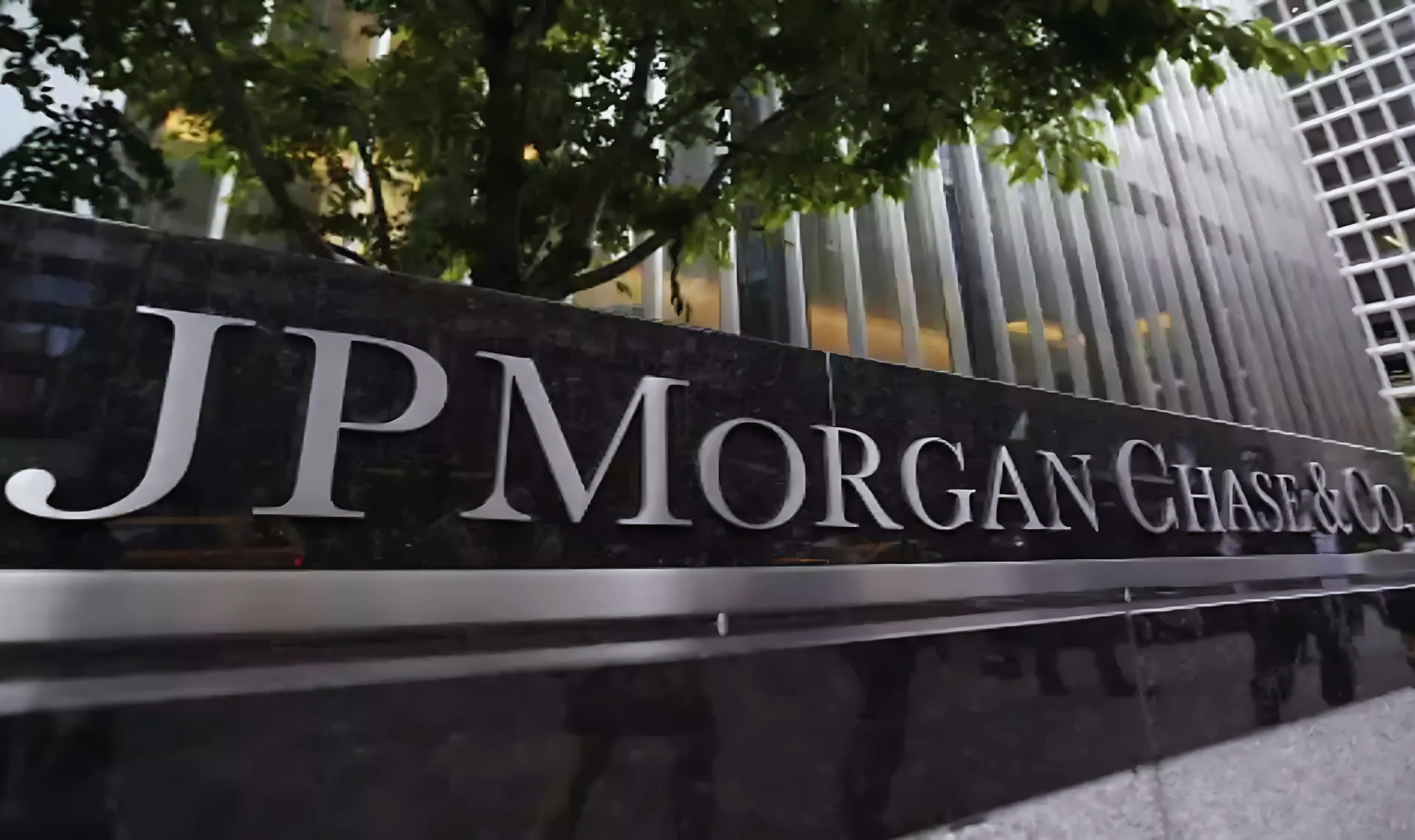


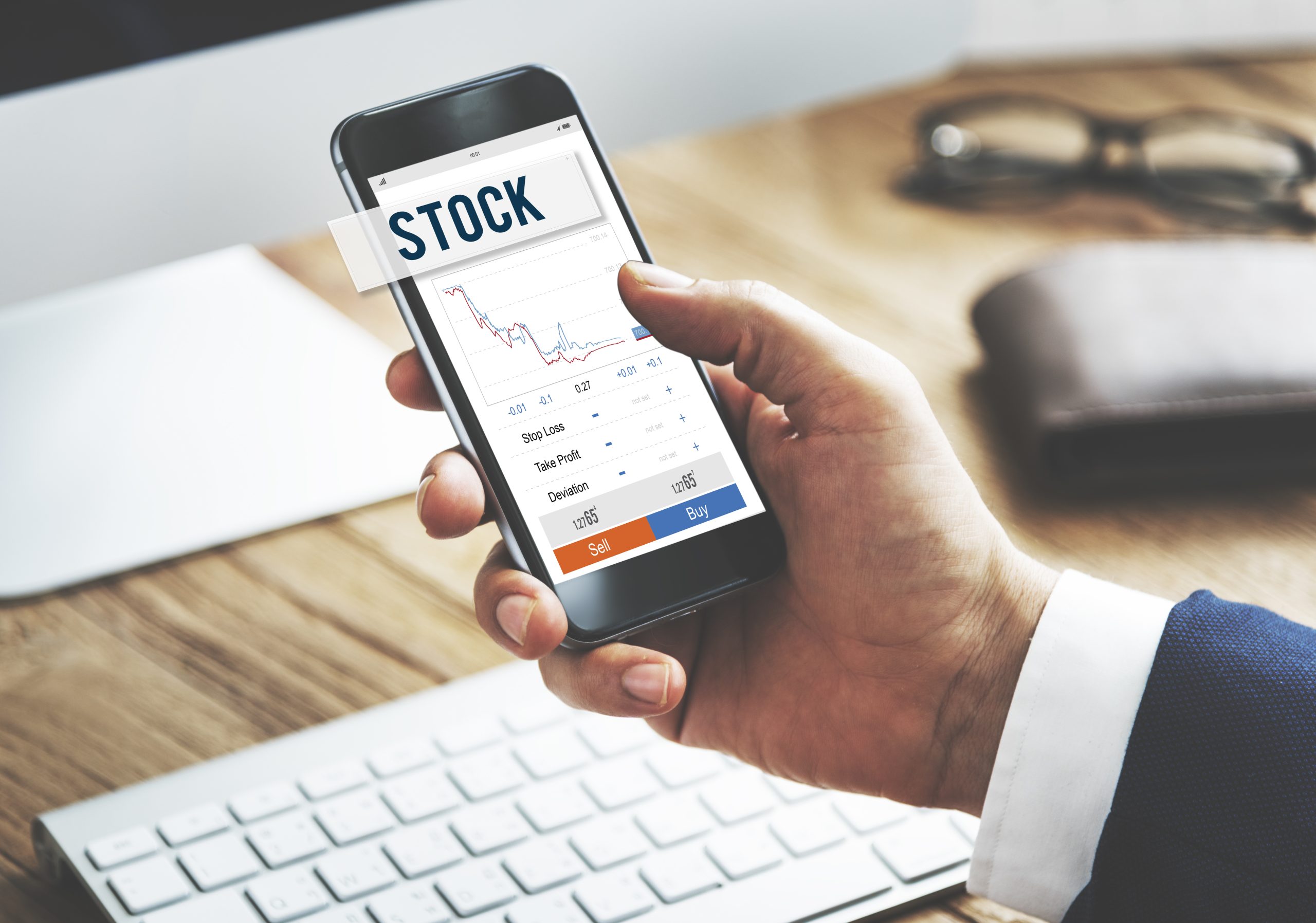
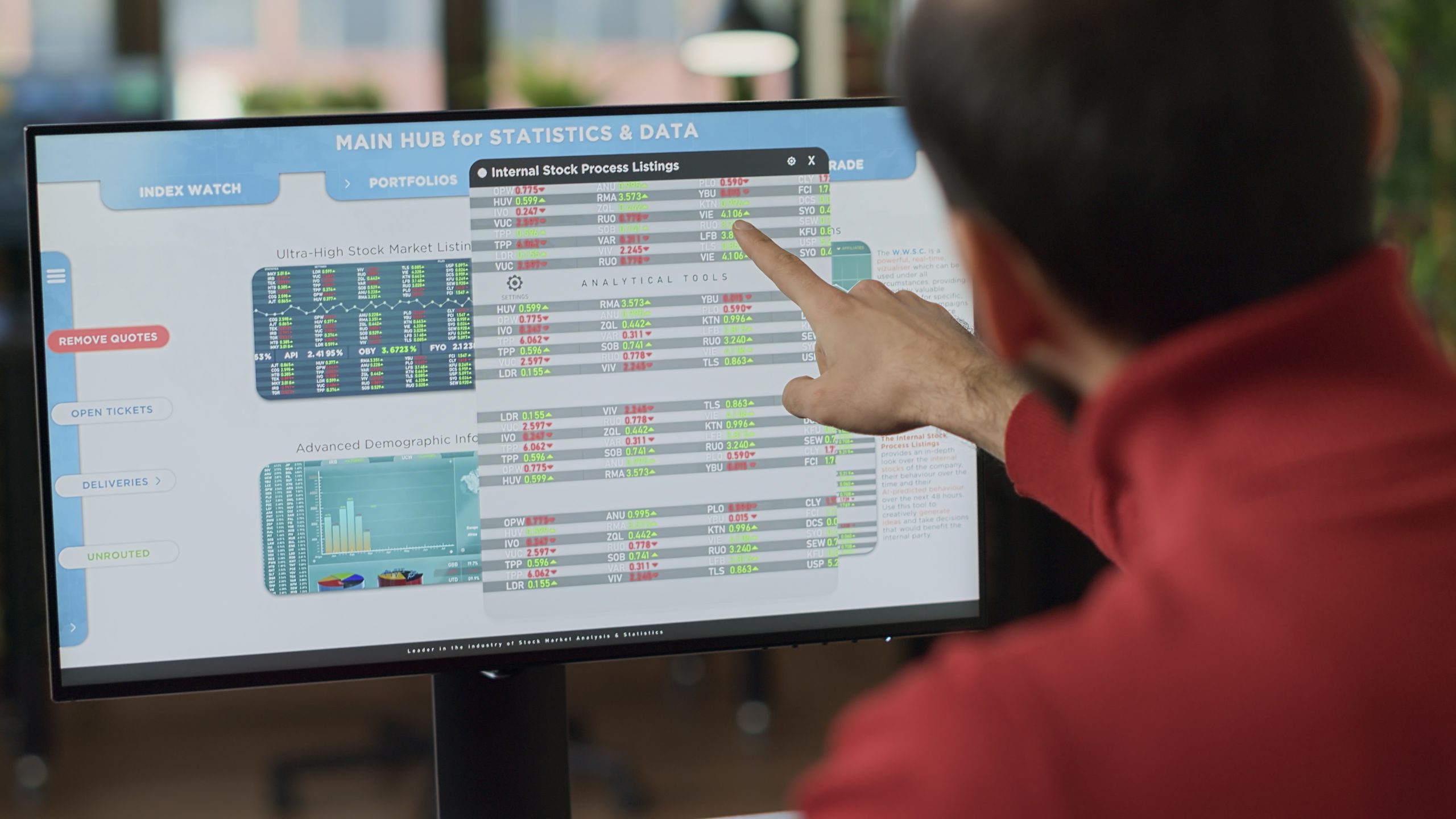





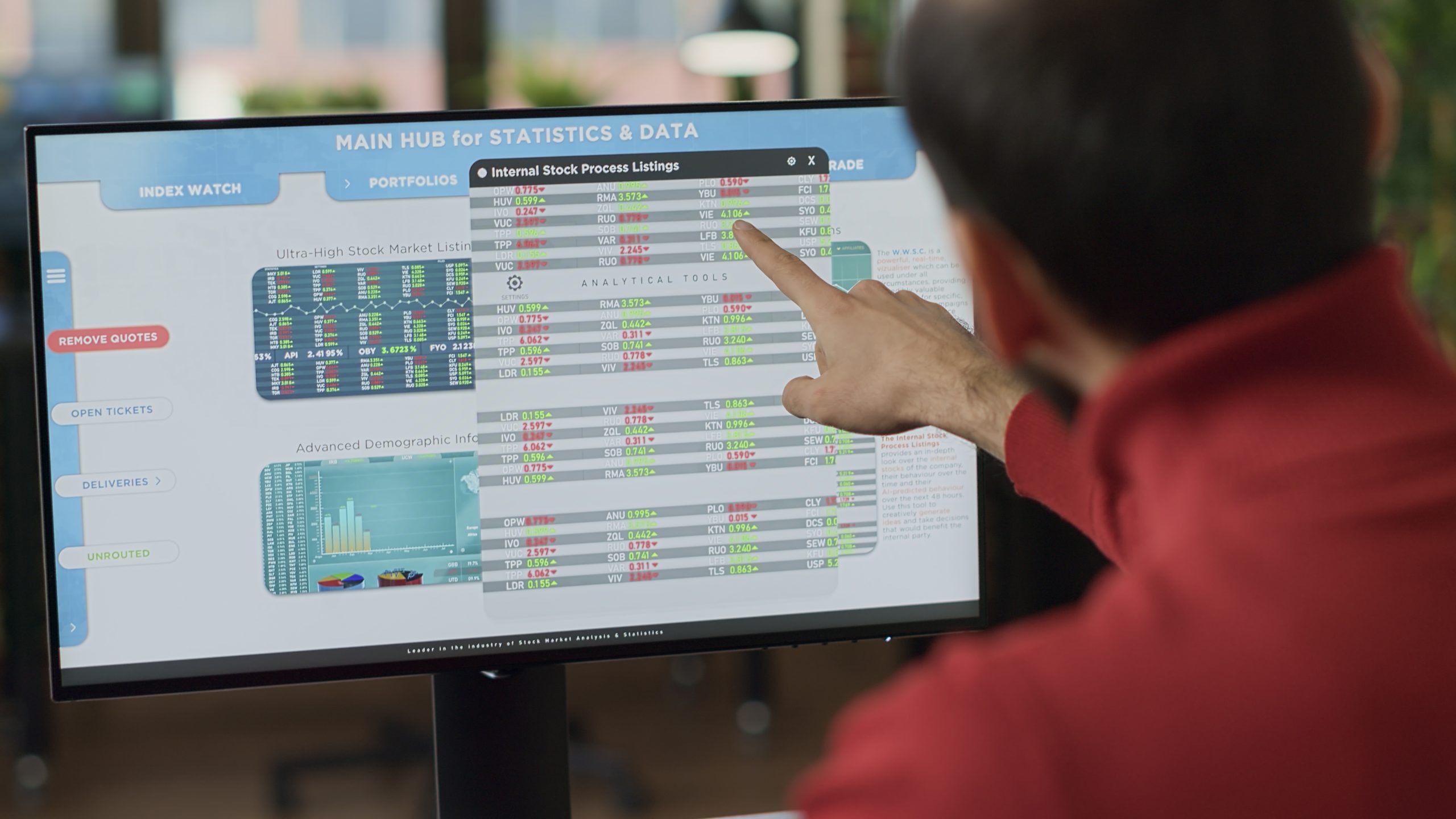

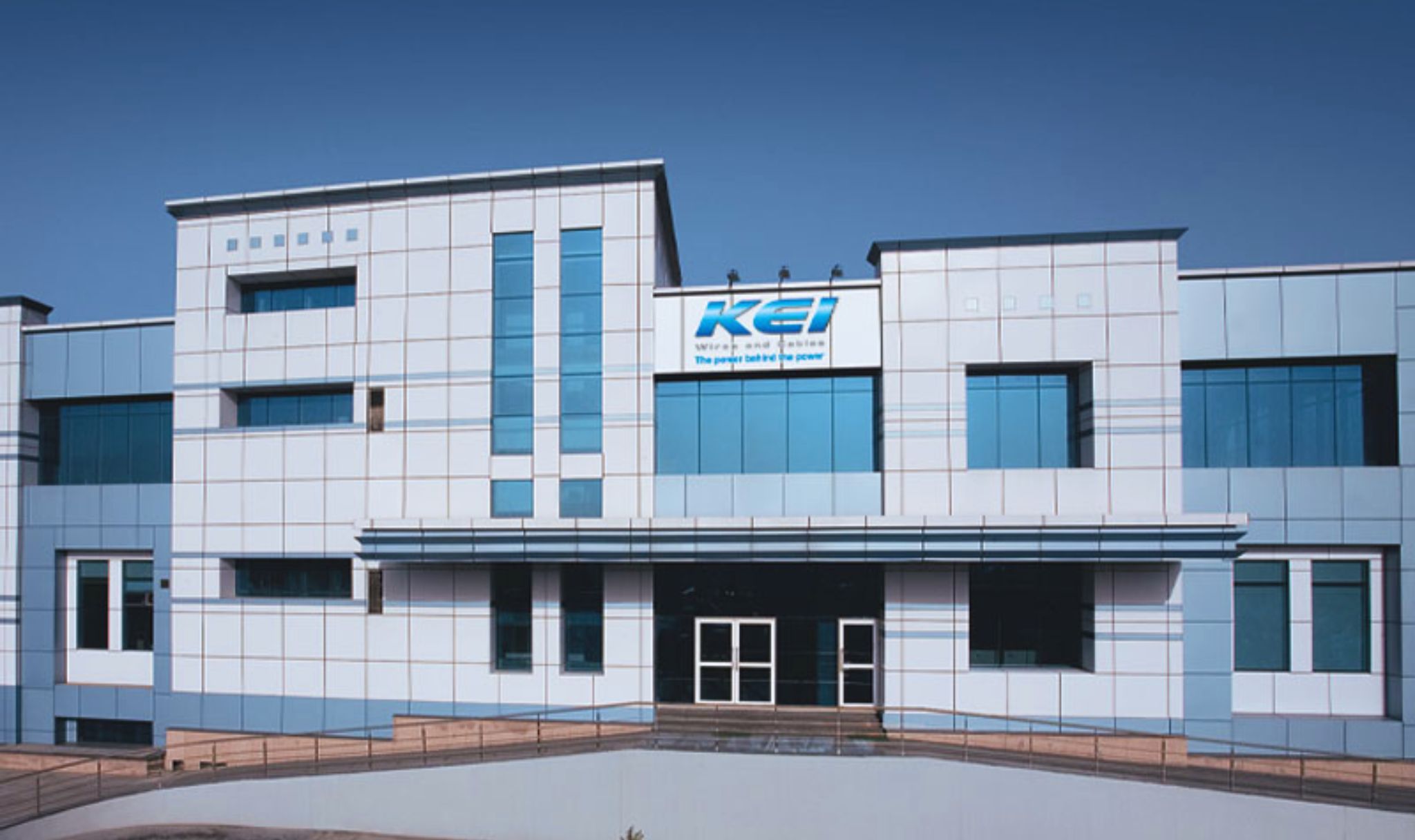
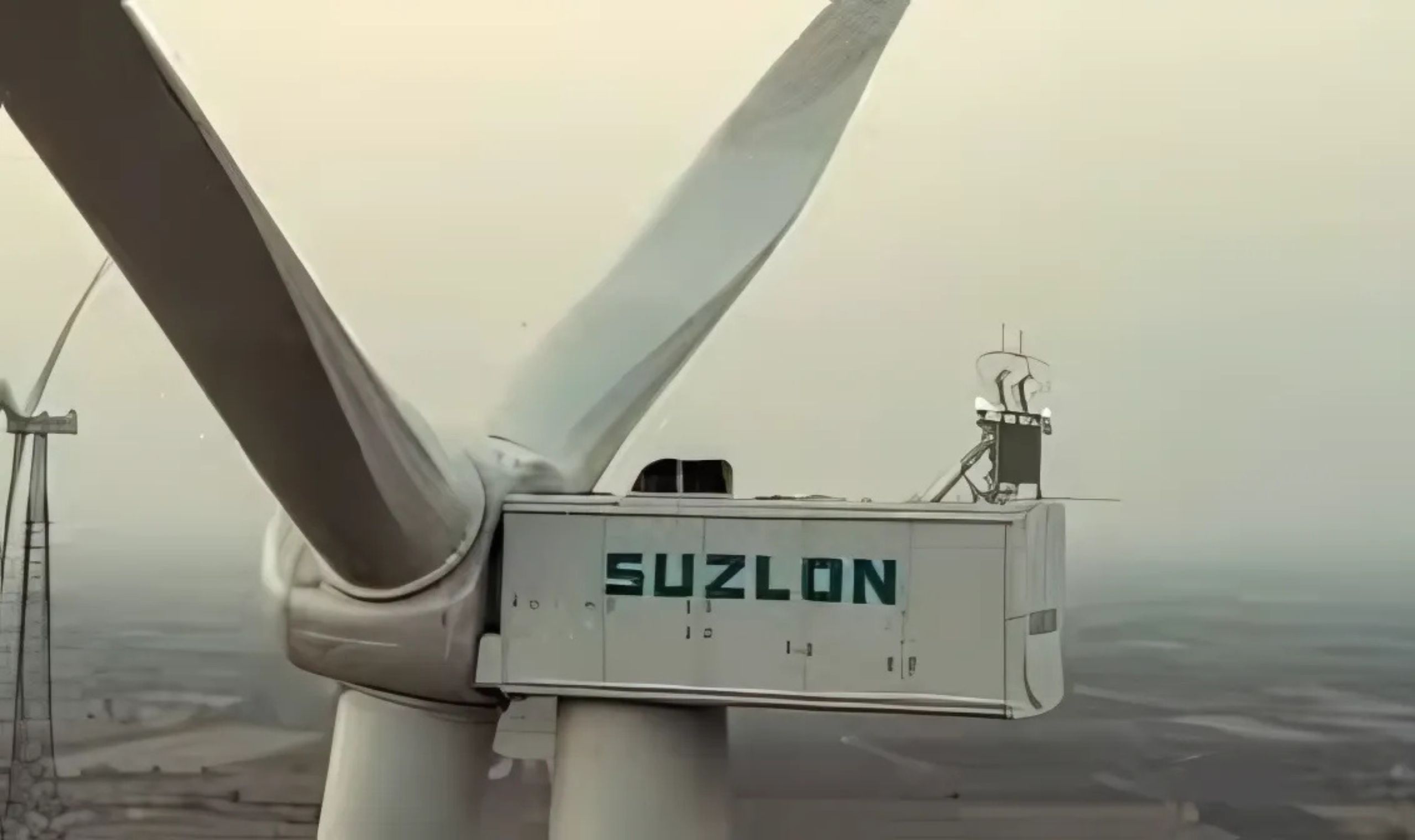

0 Comments